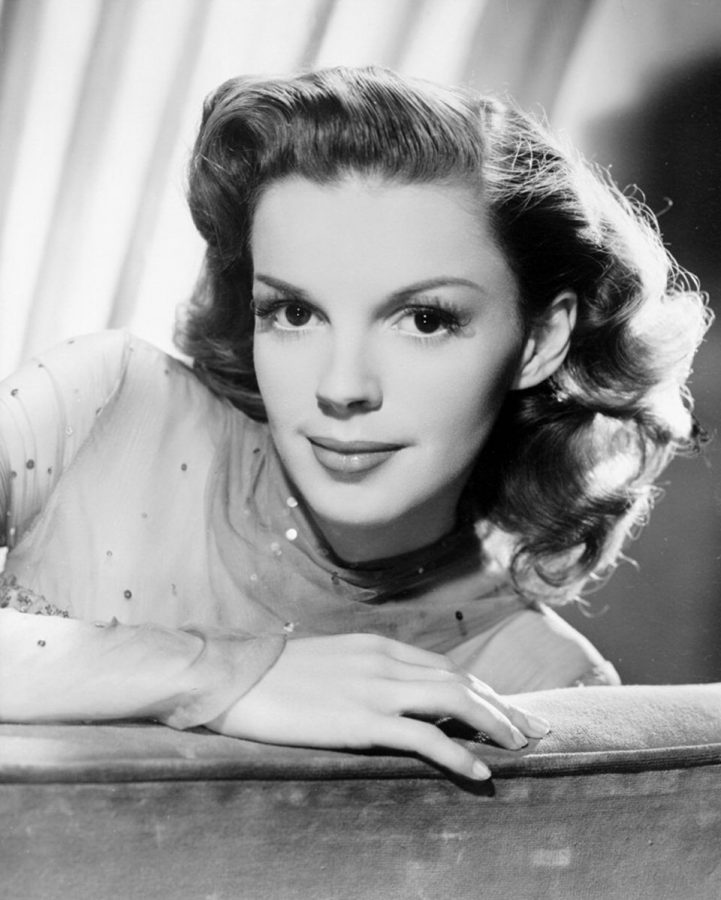Most people know Hollywood legend Judy Garland as sweet, naive Dorothy Gale from “The Wizard of Oz.”
“Judy,” which premiered on Sept. 26, takes this image and flips it on its head, revealing the true tragedy of Garland’s life. Based on the play “End of the Rainbow” by Peter Quilter, this biopic takes us through the last chapter of Garland’s life, as she struggles with alcoholism and drug abuse while grappling with family and financial issues.
The film has its missteps, but is no doubt an emotional roller coaster that leaves the viewer in tears by the time the screen cuts to black.
“Judy” develops through juxtaposition — we see Garland first breaking onto the scene and we see her struggling with her career’s demise.
The result is a powerful examination of the consequences of a star’s life being dictated by Hollywood. For instance, the opening scene takes place on the set of “The Wizard of Oz,” where we see a young, bright-eyed Garland (Darci Shaw) get her big break. Cut to the next scene, which depicts 46-year-old Garland (Renée Zellweger), well past her prime, and — let’s be frank — a hot mess.
The film did have some blind spots. Some characters are quite two-dimensional, such as fiance Michael Deans (Finn Wittrock) and assistant Rosalyn Wilder (Jessie Buckley). Garland’s struggle with drugs and alcohol remains stagnant for the bulk of the movie, which can grow tiresome but is also true to life.
The film still takes twists and turns that keep you on the edge of the seat, all due to Zellweger’s portrayal of Garland. Her unpredictable mannerisms leave you unsure of how she will react to anything thrown her way — she can go from charismatic and happy in one scene, to hammered and cantankerous in the next.
Garland is not pigeonholed as just another drug-abusing, suicidal movie star. The film strips away most of her stage appearance and portrays her simply as a struggling mother desperately trying to reunite with her children. Her motivations are pure, which makes you root for her despite her transgressions.
“I just want what everybody else wants. I just seem to have a harder time getting it,” she says at one point in the movie, and I hear shuddering gasps in the audience — one of them mine. It is lines like this one that tug at your heartstrings.
Of course, the film would be incomplete without a soundtrack of Garland’s most famous tracks. The film was particularly clever at combining the upbeat “By Myself” and “Get Happy” with Zellweger’s more deadpan style acting to show Garland’s rocky personal life seep into her stage life.
The iconic song “Over the Rainbow” closed the show in a poignant flourish. As she sings the famous chorus, we are pushed to reevaluate what it means to her in the context of the tumultuous life we’ve just had a glimpse of — we come to see it as a song that was both her ticket to fame and her undoing.
A legend — that’s what Judy Garland will always be. But she was also an addict, a mother and a woman doing her best. “Judy” is a moving eulogy, a soulful tribute to a girl who sold her life and soul to be a timeless inspiration to us all.
“Judy” was released in the United States on Sept. 27. It is currently playing at Angelika Film Center, Cinépolis Chelsea and theaters nationwide.
Email Megan Chew at [email protected].


























































































































































